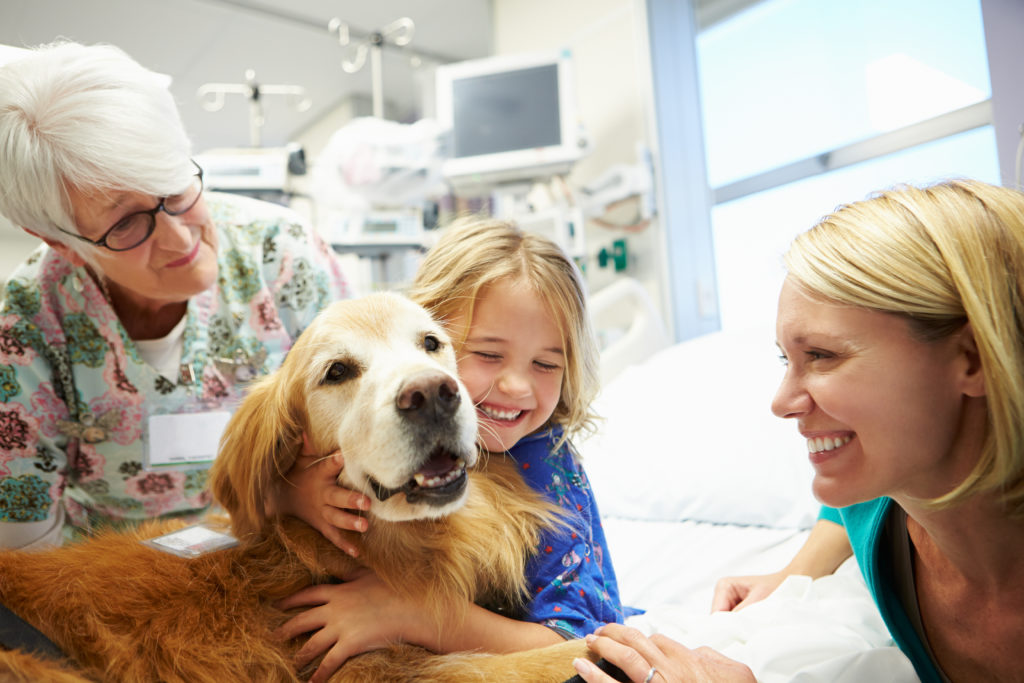Quick Hits
Daily brief research updates from the cognitive sciences

There have been lots of studies into the positive impacts of having pets around us – but this study just published looked at brain activation patterns while being with a dog, petting a dog, and with an ersatz cuddly toy lion.
The research showed that brain activation patterns were highest when petting dogs – unsurprising because this was the most interactive condition in the study. The researchers saw increased activity in the prefrontal cortex and notably in the medial prefrontal cortex which is associated with human social functions.
More surprisingly was that the cuddly toy elicited smaller responses – obvious you may think but in this study the cuddly toy was filled with a hot water bottle to be at the same temperature as a live dog and to have a similar fur texture. This was to elicit a response as close to the real thing as possible.
The response was lowest for the cuddly lion (but it did elicit a response) – possible because of the social activation as we realise it is not a live animal.
What was also interesting is that the response for petting the dog lingered on for a lot longer than any of the other conditions.
This shows that the response is not only in the moment but also has a lasting impact – that’s one reason to have pets but also an important consideration in animal assisted clinical therapy.

Andy Habermacher
Andy is author of leading brains Review, Neuroleadership, and multiple other books. He has been intensively involved in writing and research into neuroleadership and is considered one of Europe’s leading experts. He is also a well-known public speaker, speaking on the brain and human behaviour.
Andy is also a masters athlete (middle distance running) and competes regularly at international competitions (and holds a few national records in his age category).
References
Rahel Marti, Milena Petignat, Valentine L. Marcar, Jan Hattendorf, Martin Wolf, Margret Hund-Georgiadis, Karin Hediger.
Effects of contact with a dog on prefrontal brain activity: A controlled trial.
PLOS ONE, 2022; 17 (10): e0274833
DOI: 10.1371/journal.pone.0274833
More Quick Hits
What Makes Human Brains Different?
Those who have followed my writing and articles will know that this is a question that comes up regularly. Just what is different to human brain compared to other species?
Brain Centre For Altruism Identified
Various parts of the brain have been associated with social behaviour but this particularly interesting study looked at effortful decision-making to help others and identified a region that only activates to this.
Genes Or Exercise for Living Longer?
We all know that we should get our exercise. And we all know that this is associated with many positive health outcomes. This includes living longer.
Yay! “Inoculation” Against Misinformation Effective
Wouldn’t it be great in the current world if we could inoculate people against misinformation. Sigh! But that will never happen
Lack Of Sleep Makes Us Selfish
We humans are a social species, we do things in groups, gather in restaurants, bars, music venues, and public spaces together.
Don’t Try to Change Minds – Change Behaviour
Don’t try to change minds, but simply change behaviour is the result a group of researchers have come to with regard to vaccinations.






